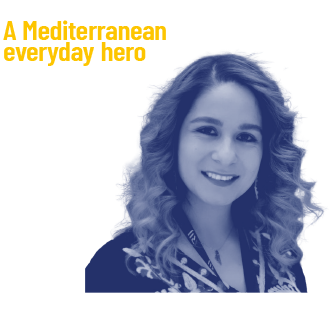This Day of the Mediterranean, we’re turning the spotlight on you. Local leaders, everyday heroes, passionate citizens, trailblazing youths, and innovative businesspeople – your voices are the key to transformation.
It’s your ideas, your actions, and your unwavering belief in a better future that will chart the course for our shared Mediterranean home.
This campaign is your platform. Let’s identify our greatest challenges, ignite solution-driven conversations, and highlight the changemakers who are already building a brighter, more sustainable, and more prosperous Mediterranean for generations to come.
How should it be addressed?

Unemployment
High unemployment rates, particularly among the youth, pose a significant challenge in the Mediterranean region, affecting economic growth and societal stability. It’s imperative we invest in education and job creation, notably the link between them, to offer the next generation hope and opportunities.
Astrid Desjobert
Astrid Desjobert has been working in development in the Mediterranean for nine years. After studying business and gaining experience in the private sector on educational issues, she joined the European Institute for Cooperation and Development (IECD), which runs MedNC, to address the root causes of educational problems, where she coordinates integration projects such as the creation of second-chance schools in 10 countries bordering the Mediterranean. MedNC supports NEETs (young people not in employment, education, or training) by collaborating with states to integrate these initiatives into public policies and helping local actors improve their teaching practices and access funding.
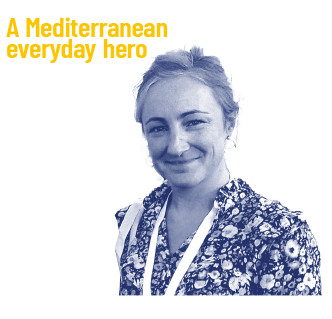
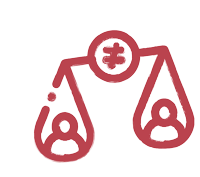
Inequalities
Socioeconomic gaps plague the Mediterranean, while gendered stereotypes and intergenerational misunderstandings contribute to deepening divides within and across countries and regions, stifling progress. We must confront these inequalities head-on to build a fairer and more prosperous future for all.
Khadija Jallouli
Khadija Jallouli, cofounder and CEO of Hawkar, is a pioneering entrepreneur from Tunisia who has revolutionized accessible transportation with her innovative electric vehicle designed for individuals with disabilities. Experiencing mobility challenges firsthand, Khadija launched Hawkar in 2016 to address these issues. Despite initial legal and infrastructural hurdles, she and her team developed a customizable, home-chargeable vehicle. Hawkar’s impact extends beyond Tunisia, aiming to enhance mobility for individuals globally while ensuring sustainability. Khadija’s journey, marked by resilience and mentorship, highlights her commitment to inclusivity and social change, inspiring others in the entrepreneurial and social impact communities.
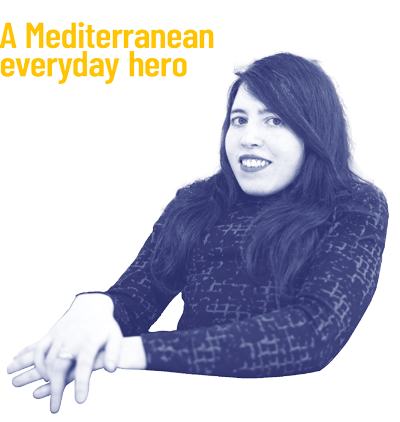
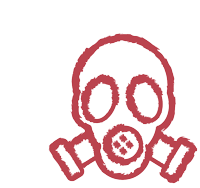
Environmental degradation
The rich biodiversity of the Mediterranean is at risk due to habitat loss, various forms of pollution, including plastic in the sea, and the overexploitation of resources. We must act decisively to preserve our natural heritage and safeguard the delicate balance of our ecosystems.
Guadaluna Chaer
Guadaluna Chaer is a visionary entrepreneur dedicated to fostering sustainability by empowering women in the technology sector. She is the cofounder and CEO of LUXEED Robotics, an innovative agro-tech startup that aims to revolutionise the herbicide industry using lasers and AI. LUXEED Robotics has developed the first chemical-free weeding robot in the MENA region, providing farmers with a sustainable solution that alleviates the financial and operational challenges of traditional weeding methods. Guadaluna’s commitment to sustainable agriculture and women’s leadership is evident in her role as a mentor to other startups and her advocacy for women in tech. She is an active champion of the need to combine agriculture and AI for a sustainable farming industry, blending ancient farming practices with future visions.
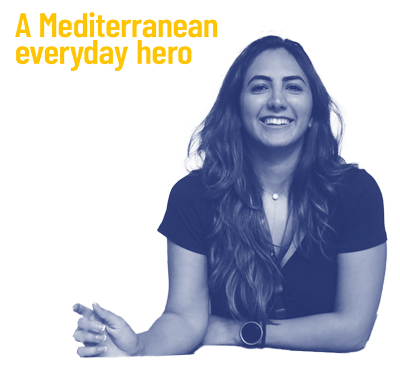
Climate change
The Mediterranean is warming at a rate 20% faster than the rest of the world, with rising sea levels and extreme weather wreaking havoc on its fragile ecosystems, exacerbating water scarcity and threatening our food systems.Immediate measures are vital to combat this existential threat and protect our environment.
Maria Snoussi
Maria Snoussi, a Moroccan environmental scientist and coastal geoscientist, is a professor at Mohammed V University in Rabat (Morocco) and for four years chaired the Scientific Council of the Institut de recherche pour le développement (IRD) in France, one of whose major focuses was the science of sustainability in intertropical and Mediterranean regions. She has travelled the world to contribute to knowledge of coastal zones, in particular the Mediterranean, and the effects of climate change on these eco-socio-systems. As a member of the Mediterranean Network of Experts on Climate and Environmental Change (MedECC), she contributed as coordinating lead author to the first regional scientific report on the impacts of climate change in the Mediterranean, a significant contribution to research and awareness-raising on this global crisis.
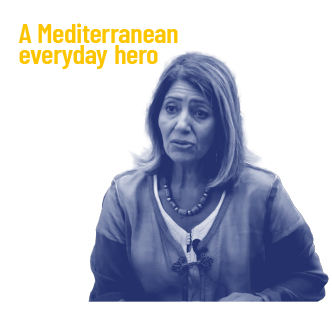

Conflicts
The Mediterranean region is in geopolitical turmoil, a battleground for longstanding conflicts and disputes that exacerbate firmly entrenched tensions. Urgent action is needed to achieve peace and security, while addressing the root causes of the region’s threats is crucial to ensure stability and cooperation.
Sarra Messaoudi
For Sarra Messaoudi, promoting youth-led Arabic-speaking civic spaces in the Middle East and North Africa is key to advancing the global youth, peace, and security agenda at a regional level. This is one of the main aims of the organisation she works for, the MENA Coalition on Youth, Peace and Security. A diverse platform with 200 members from over 17 countries, it brings together young peacebuilders to foster dialogue, protect activists and carry out capacity-building activities and advocacy. Despite the region’s many ongoing conflicts, she believes there is still hope for its more than 250 million people under the age of 24: “Peace is a process.”

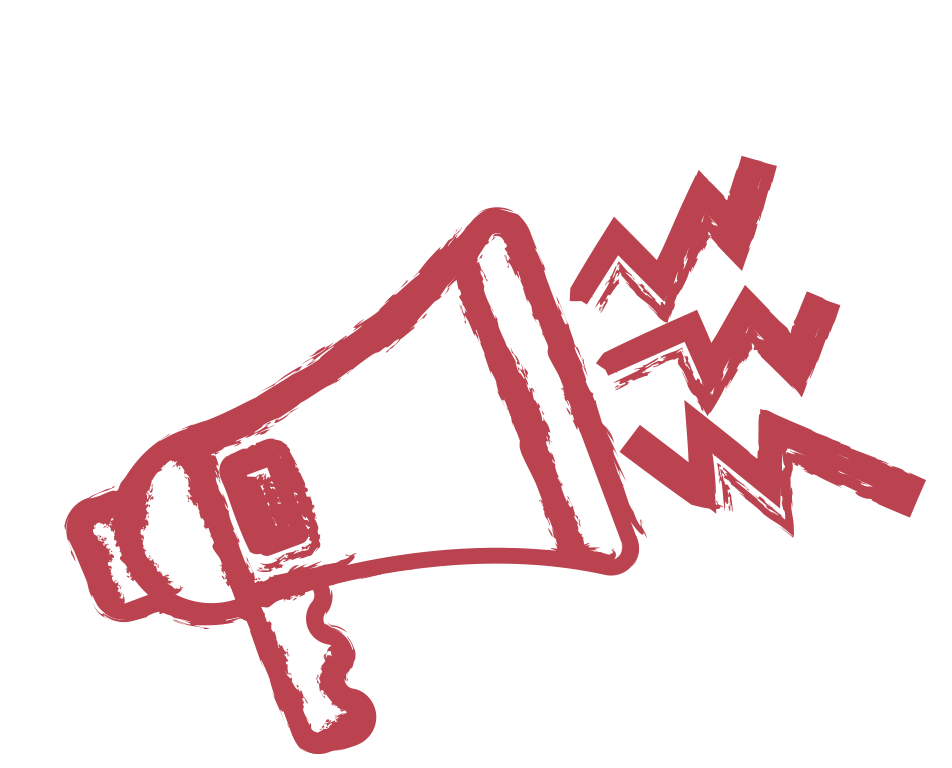
Disinformation and misinformation
The spread of disinformation and misinformation poses a challenge to informed decision-making and social cohesion in the Mediterranean, eroding trust and sowing discord. We must arm ourselves with knowledge and vigilance to combat the spread of falsehoods by promoting media literacy, fact-checking, and transparency when disseminating information.
Saja Mortada
Saja Mortada leads the Arab Fact-Checking Network (AFCN), established by the Arab Investigative Journalism Network (ARIJ) in December 2020. Despite its young age, the AFCN serves as the largest and most important hub for combating disinformation in the Arab world. It supports fact-checkers across 16 countries through skill development, protection, networking, and innovative practices. More than 40 journalistic institutions and 250 fact-checkers adhere to the AFCN Code of Principles. Although the rise of fake news poses increasingly complex challenges, Mortada remains hopeful due to the positive effects of regional cooperation and a growing culture of countering deception across all levels of Arab society.
